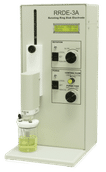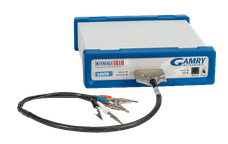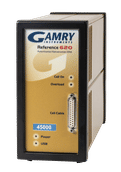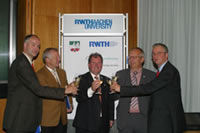BASF and Heidelberg University Inaugurate New Catalysis Research Laboratory
Research cooperation on research for tomorrow's innovations
It's all systems go for the new catalysis research laboratory (CaRLa) of BASF Aktiengesellschaft and the Ruprecht-Karls University of Heidelberg in Heidelberg's Technology Park. Günther H. Oettinger, premier of the state of Baden-Württemberg, officially opened the EUR1.5 million project today.
An international research team consisting of six university and six BASF scientists will be working to develop new homogeneous catalysts in the Heidelberg Technology Park. "This collaboration is a brand new and path-breaking form of technology transfer in Germany", emphasized premier Oettinger. "I hope that cooperation between researchers from universities and industry on joint campus-based projects will become increasingly common."
CaRLa covers the entire spectrum of research from basic research to industry-specific applications. "This makes CaRLa an ideal project for conducting research jointly with industry, a goal contained in our strategy paper", stated Prof. Peter Hommelhoff, President of Heidelberg University. "Knowledge transfer and applications are playing an increasingly big role in our university's strategy for the future."
CaRLa will be headed by BASF researcher Dr. Christoph Jäkel, who has been working since 2002 on the development and use of homogeneous catalysts in BASF's Chemicals Research & Engineering field. Together with Prof. Peter Hofmann, head of the special research field "Molecular Catalysts: Structure and Functional Design", Dr. Jäkel will also assume scientific management of the laboratory.
Organizations
Other news from the department science
These products might interest you

Rotating ring disk electrode-3A Rotator by C3 Prozess- und Analysentechnik
Precise rotation and easy electrode change - Discover the innovative Rotator system!

VOLTAMMETRY CELLS by C3 Prozess- und Analysentechnik
Replace many sensing elements with our versatile voltammetry cell for precise measurement results

Interface 1010™ by C3 Prozess- und Analysentechnik
Optimize your electrochemical measurements for precise results and a wide range of applications

Reference 620 by C3 Prozess- und Analysentechnik
Potentiostat / Galvanostat / ZRA with maximum sensitivity and minimum noise for pioneering research

Get the chemical industry in your inbox
By submitting this form you agree that LUMITOS AG will send you the newsletter(s) selected above by email. Your data will not be passed on to third parties. Your data will be stored and processed in accordance with our data protection regulations. LUMITOS may contact you by email for the purpose of advertising or market and opinion surveys. You can revoke your consent at any time without giving reasons to LUMITOS AG, Ernst-Augustin-Str. 2, 12489 Berlin, Germany or by e-mail at revoke@lumitos.com with effect for the future. In addition, each email contains a link to unsubscribe from the corresponding newsletter.




























































